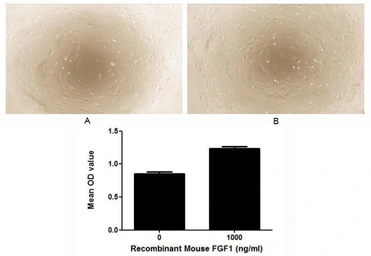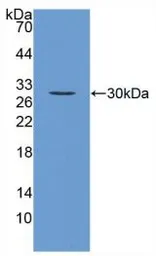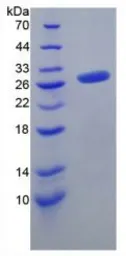Mouse FGF23 protein, His tag (active)
Cat. No. GTX00295-pro
Cat. No. GTX00295-pro
-
ApplicationsFunctional Assay
-
SpeciesMouse


